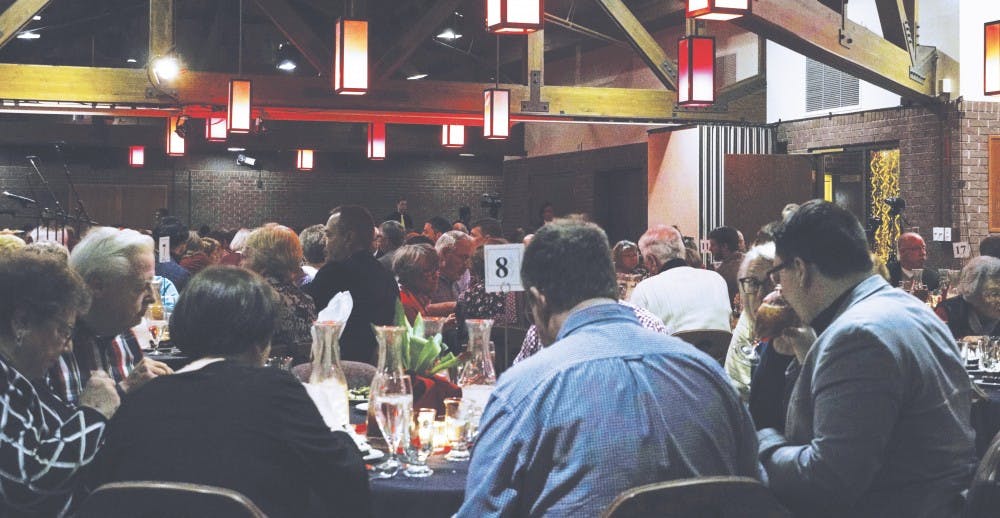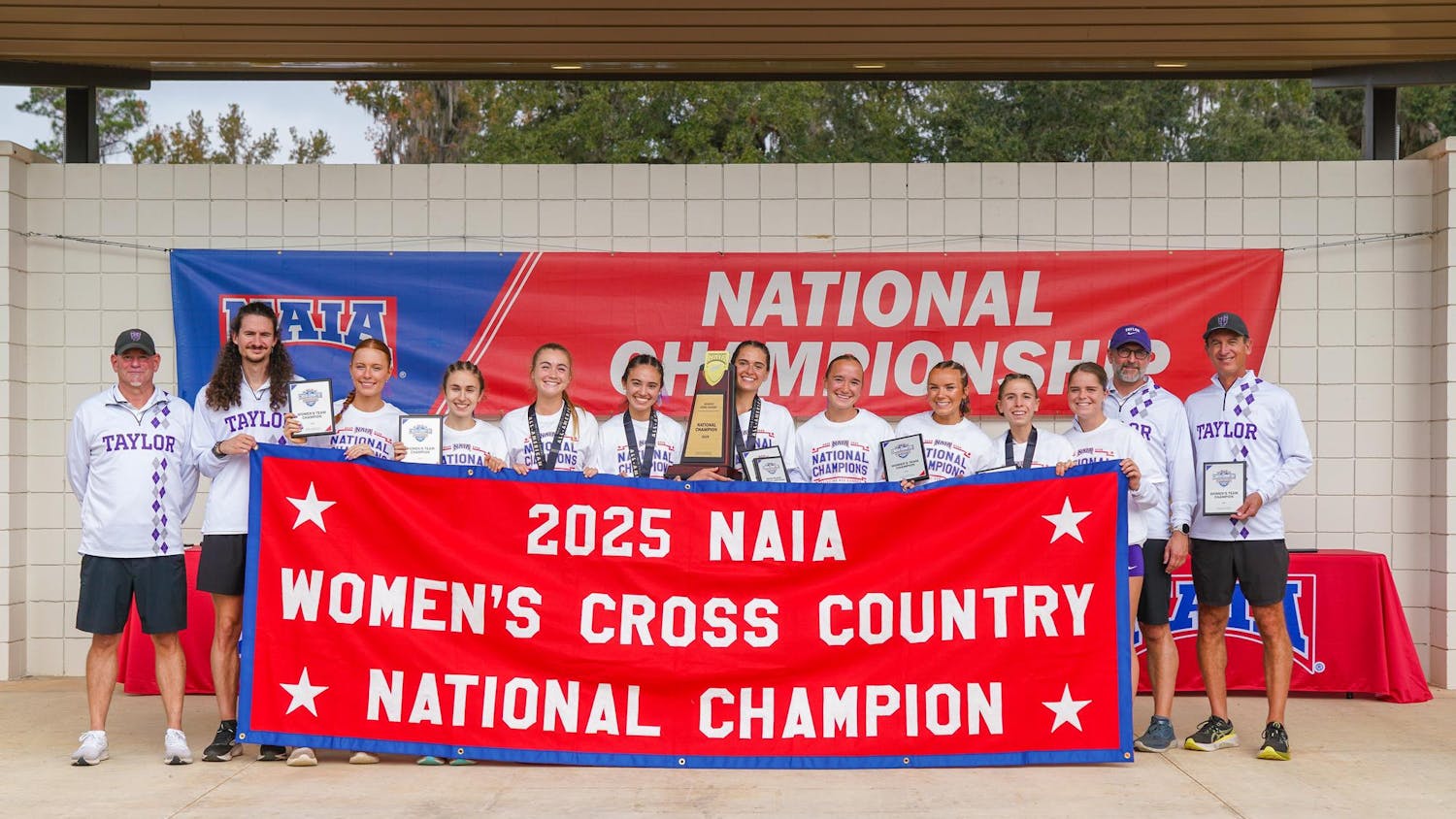Ethan Rice | Echo
On Feb. 19, Taylor will host the statewide appellate court hearing known as "Appeals on Wheels."
This initiative brings court hearings out from the state capital and into communities around Indiana. Next week, judges John G. Baker, Margaret G. Robb, and Randolph R. Pyle III will be presiding over the case of Akram Abd v. State of Indiana.
The Court of Appeals issues around 2,000 written opinions a year, handling appeals from the state's trial courts. This particular case involves Akram Abd, who is appealing his convictions on charges of murder and robbery. Abd argues that the State presented insufficient and circumstantial evidence which was used to convict him and proffered evidence that amounted to a prejudicial effect.
Taylor first began hosting "Appeals on Wheels" while Professor of Political Science Phil Loy was chair of the Political Science department, spinning out of a friendship between Loy and Presiding Third District Judge Paul D. Mathias. Now, the upcoming event is coordinated by Grant County judge and law professor Mark Spitzer.
"It's important for my students to see law happening in real life," Spitzer said. "Before, the only place you could watch these cases was in Indianapolis. Now, students can meet judges and get to understand the details of the case."
The hearing holds appeal for more than just Taylor students anticipating to study law. The event and the following talkback session are open to the general public and everyone is encouraged to attend. Many area lawyers have been invited to fulfill their continuing education credits, as well as high school government students from neighboring school districts.
"Most students have probably never heard of the Indiana Court of Appeals," Dean of Humanities Tom Jones said.
Jones describes how helpful an event like this can be to the civic engagement of those who choose to attend. A recent C-SPAN poll highlighted this lack of public awareness when it found that less than 50 percent of Americans surveyed could name a single justice on the Supreme Court.
With such little knowledge of the highest court in the nation, it comes as no surprise that the average citizen's judicial awareness shrinks exponentially as we move further and further down the scale of court systems. Filling this information gap is a major benefit of this program, according to Jones, who highlighted the importance of the appeals system.
"It insures that constitutional principles and state processes are being followed by the lower courts." Jones said. "I hope it can give more students confidence in the legal system. It's not perfect, but it provides in the appeals a chance to get it right."
The hearing will begin at 10 a.m. on Tuesday, Feb. 19 in the Alspaugh East and West rooms of the DC. Following the hearing, a lunch will be held that will allow students, attorneys and other attendees to interact with the presiding judges and other members of the process.





